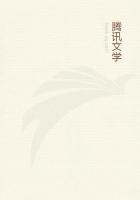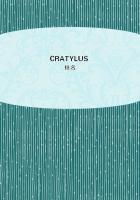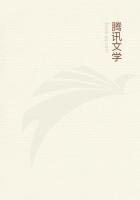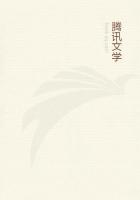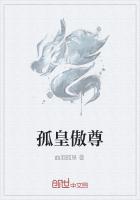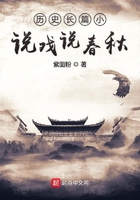Frederick Barnet's Wander Jahre is one of those autobiographical novels that were popular throughout the third and fourth decades of the twentieth century. It was published in 1970, and one must understand Wander Jahre rather in a spiritual and intellectual than in a literal sense. It is indeed an allusive title, carrying the world back to the Wilhelm Meister of Goethe, a century and a half earlier.
Its author, Frederick Barnet, gives a minute and curious history of his life and ideas between his nineteenth and his twenty-third birthdays. He was neither a very original nor a very brilliant man, but he had a trick of circumstantial writing; and though no authentic portrait was to survive for the information of posterity, he betrays by a score of casual phrases that he was short, sturdy, inclined to be plump, with a 'rather blobby' face, and full, rather projecting blue eyes. He belonged until the financial debacle of 1956 to the class of fairly prosperous people, he was a student in London, he aeroplaned to Italy and then had a pedestrian tour from Genoa to Rome, crossed in the air to Greece and Egypt, and came back over the Balkans and Germany.
His family fortunes, which were largely invested in bank shares, coal mines, and house property, were destroyed. Reduced to penury, he sought to earn a living. He suffered great hardship, and was then caught up by the war and had a year of soldiering, first as an officer in the English infantry and then in the army of pacification. His book tells all these things so simply and at the same time so explicitly, that it remains, as it were, an eye by which future generations may have at least one man's vision of the years of the Great Change.
And he was, he tells us, a 'Modern State' man 'by instinct' from the beginning. He breathed in these ideas in the class rooms and laboratories of the Carnegie Foundation school that rose, a long and delicately beautiful facade, along the South Bank of the Thames opposite the ancient dignity of Somerset House. Such thought was interwoven with the very fabric of that pioneer school in the educational renascence in England. After the customary exchange years in Heidelberg and Paris, he went into the classical school of London University. The older so-called 'classical' education of the British pedagogues, probably the most paralysing, ineffective, and foolish routine that ever wasted human life, had already been swept out of this great institution in favour of modern methods; and he learnt Greek and Latin as well as he had learnt German, Spanish, and French, so that he wrote and spoke them freely, and used them with an unconscious ease in his study of the foundation civilisations of the European system to which they were the key. (This change was still so recent that he mentions an encounter in Rome with an 'Oxford don' who 'spoke Latin with a Wiltshire accent and manifest discomfort, wrote Greek letters with his tongue out, and seemed to think a Greek sentence a charm when it was a quotation and an impropriety when it wasn't.')
Barnet saw the last days of the coal-steam engines upon the English railways and the gradual cleansing of the London atmosphere as the smoke-creating sea-coal fires gave place to electric heating. The building of laboratories at Kensington was still in progress, and he took part in the students' riots that delayed the removal of the Albert Memorial. He carried a banner with 'We like Funny Statuary' on one side, and on the other 'Seats and Canopies for Statues, Why should our Great Departed Stand in the Rain?' He learnt the rather athletic aviation of those days at the University grounds at Sydenham, and he was fined for flying over the new prison for political libellers at Wormwood Scrubs, 'in a manner calculated to exhilarate the prisoners while at exercise.' That was the time of the attempted suppression of any criticism of the public judicature and the place was crowded with journalists who had ventured to call attention to the dementia of Chief Justice Abrahams. Barnet was not a very good aviator, he confesses he was always a little afraid of his machine--there was excellent reason for every one to be afraid of those clumsy early types--and he never attempted steep descents or very high flying. He also, he records, owned one of those oil-driven motor-bicycles whose clumsy complexity and extravagant filthiness still astonish the visitors to the museum of machinery at South Kensington. He mentions running over a dog and complains of the ruinous price of 'spatchcocks' in Surrey. 'Spatchcocks,' it seems, was a slang term for crushed hens.

